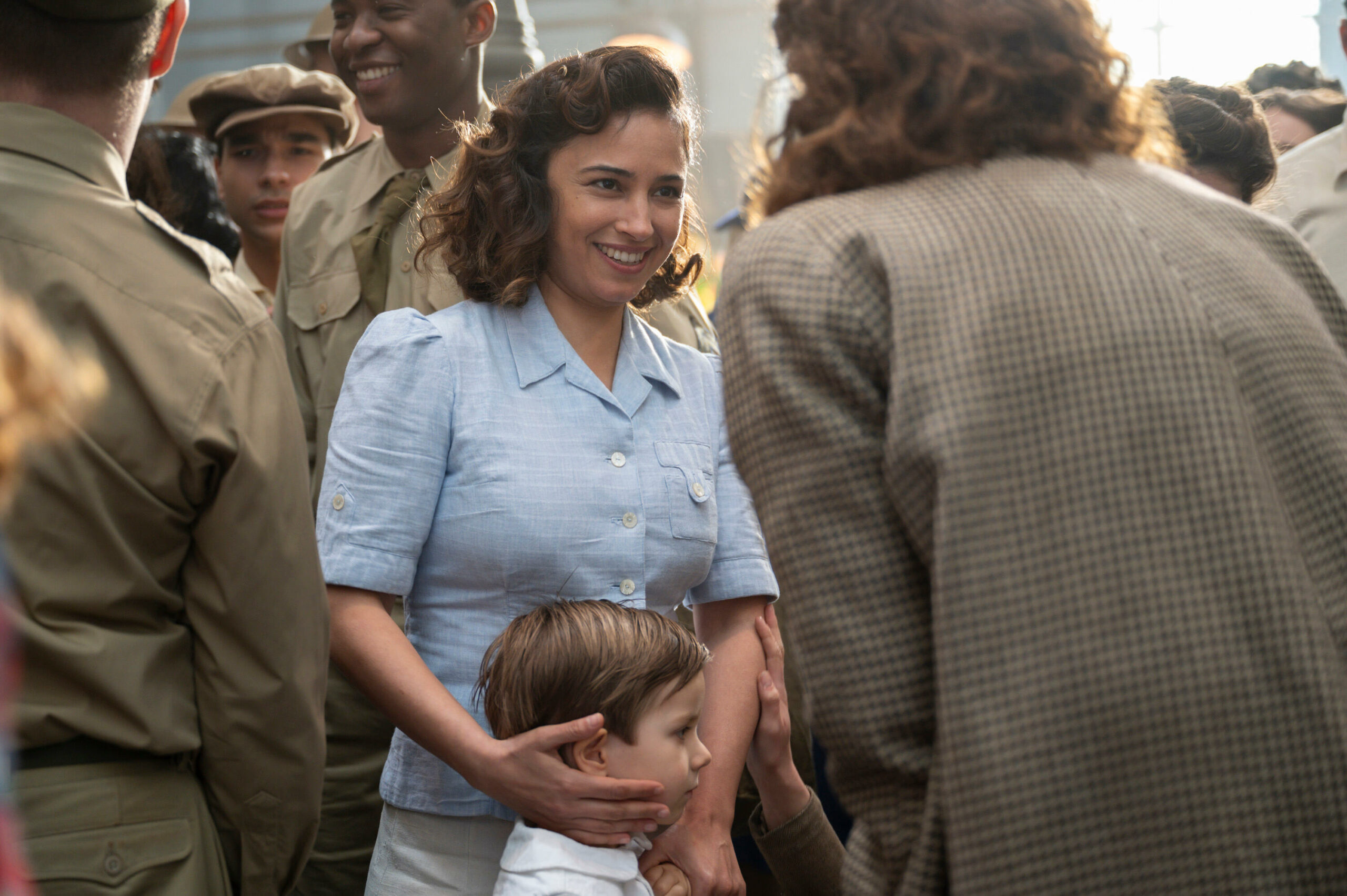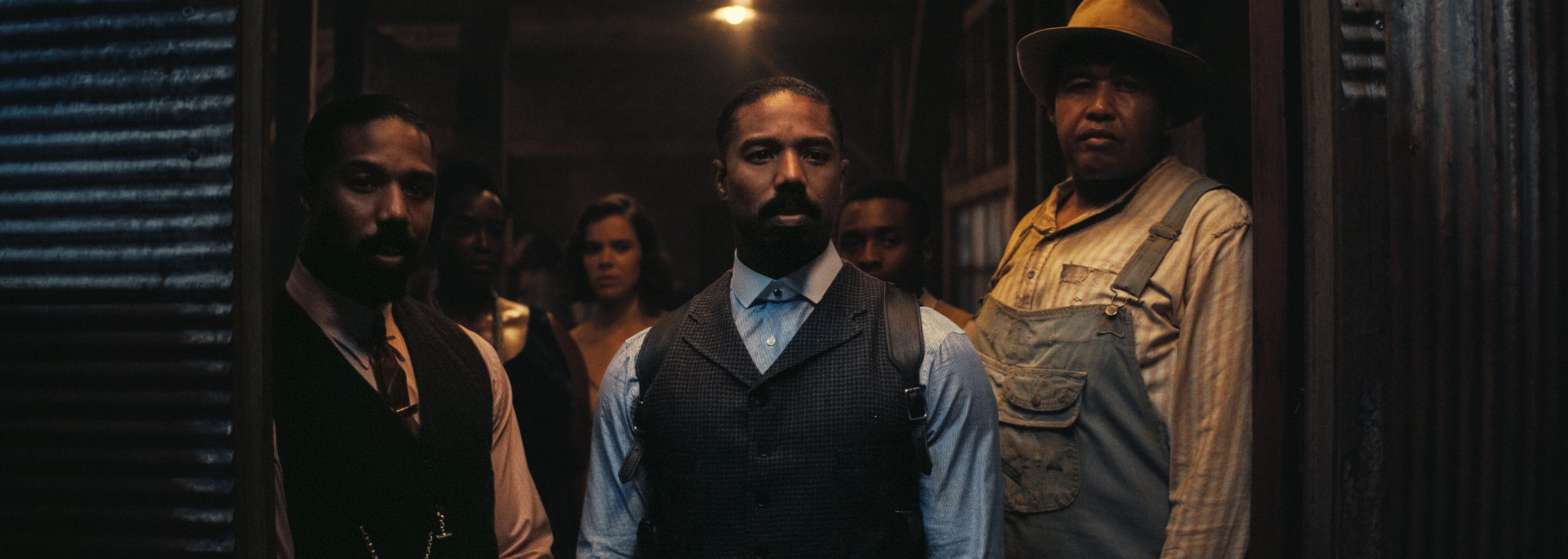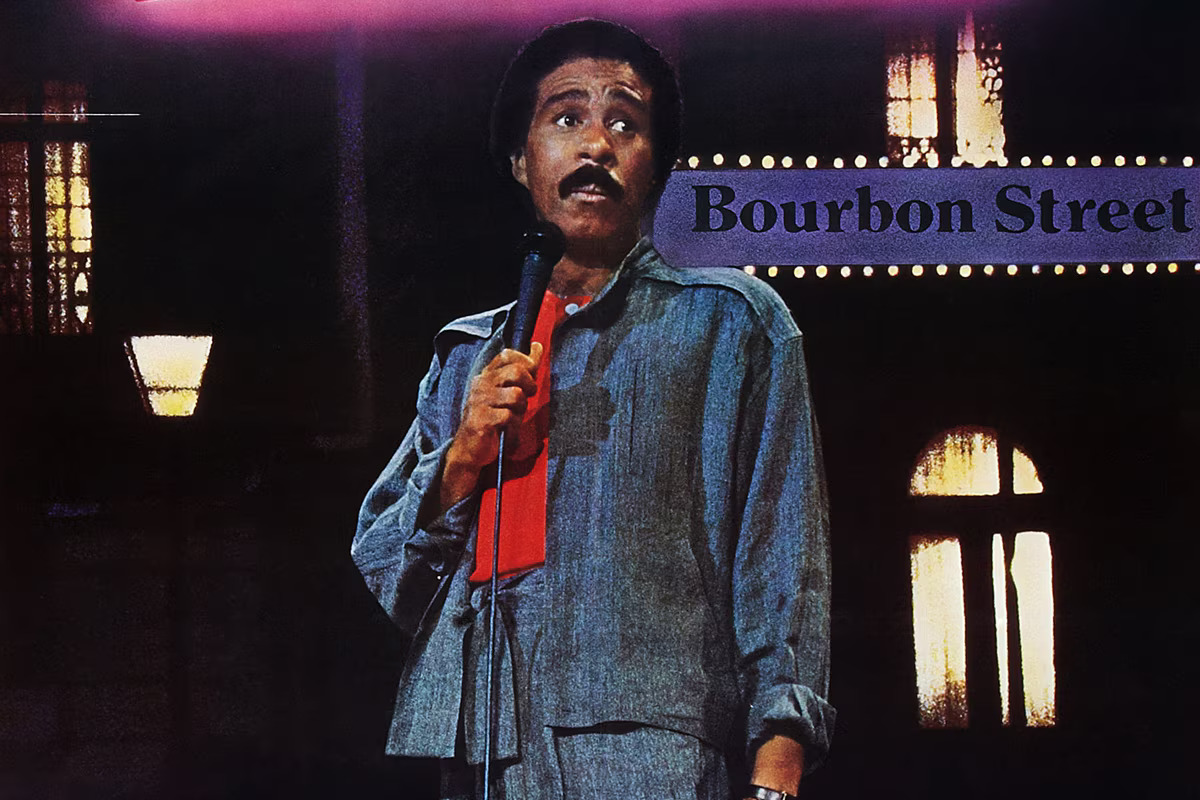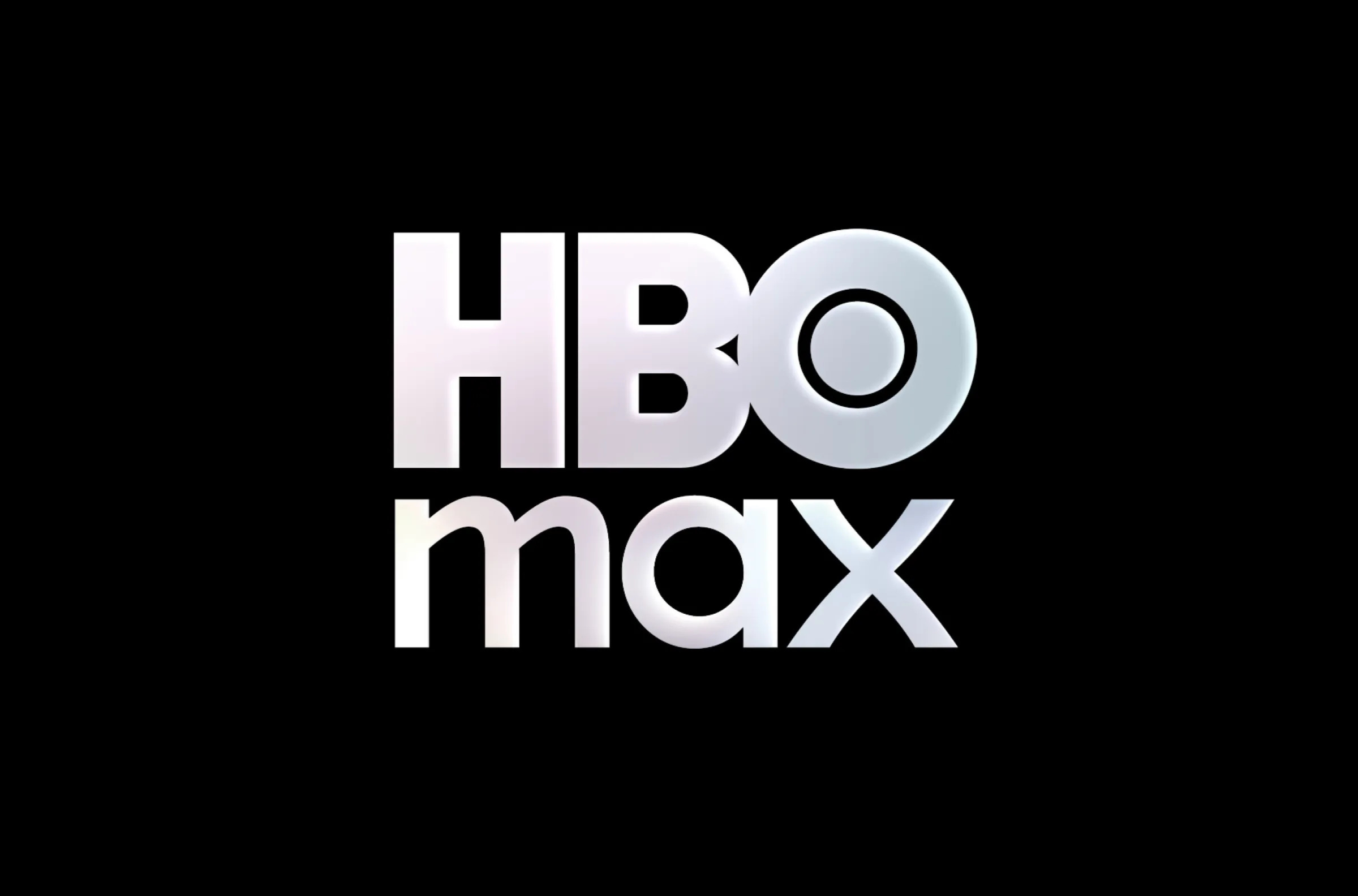
Moran Rosenblatt spoke with Solzy at the Movies in early April to discuss the new Hulu series, We Were the Lucky Ones.
The actress discussed what drew her to the character, how she prepped for the role, and getting to work with the cast. The conversation does not discuss anything that I would consider a spoiler for the series. We do touch on the series launching at a time when antisemitism is thee worst it has been since the Holocaust. While the film didn’t come up in our conversation, the actress can also be seen in Kiss Me Kosher. Menemsha Films released the indie comedy in the US last month.
Based on Georgia Hunter’s bestselling novel, the series tells the story of how one family was determined to survive the Holocaust and reunite with each other. It’s not a show that I would recommend binge watching. It would be best to spread episodes out over the course of a few days. The series runs eight episodes in total.
All episodes of We Were the Lucky Ones are now streaming on Hulu.
It’s so nice to meet you today. How are you doing?
Moran Rosenblatt: Thank you. It’s nice to meet you, too. I’m good. How are you?
All things considered, I’m doing well.
Moran Rosenblatt: Okay, okay.
I watched all eight episodes just before the series aired and thought it could not be more timely or relevant. What was it about the series that drew you to the role?
Moran Rosenblatt: I think—of course, as Israeli, as Jewish, I watched a lot of Holocaust and World War II movies. When I read those scripts, I felt that matches the consequences of the war—not only regard to loss and grief and death but that it touched so many small nuances of the facts of those people. One of my favorite sentences as my character is that after everything ends, she said that, “Are we supposed to move on? We’re so old.” It’s like the war took the finest years of her life, the best years of her young, sexual being. It’s the small stuff that the show touches—the relationships, the becoming of age, the new motherhood, fatherhood, new relationships, new marriage. I loved it. I thought it was brilliant.
Were you familiar with the book before you signed on?
Moran Rosenblatt: No, I read it only after I got the part, actually.
Was there any other prep that you did prior to production to try and find the character?
Moran Rosenblatt: I saw Georgia Hunter, the writer of the book. [She] sent us all hundreds of pages of research and I was trying to dig in what I could of my character of Herta. I saw this this picture. They were on camera. It was amazing because on camera, they were doing hair and we’re looking much better than what I could have imagined. But what I could sense of her picture is her pride—she stood very, very straight and proud. This was one of the hardest—the most important essence of the character that I could take from this research, this one picture.

Can you talk about getting the opportunity to work with the rest of the cast?
Moran Rosenblatt: Yes, of course. The Israeli cast, I knew from before. We are a small industry and we were all good friends before we became better friends after. Meeting the whole cast—Joey, I knew from before; Logan, I knew from watching him. Of course, Henry, my partner, was the most amazing friend to meet. We became really, really close. We worked together, stayed together alone there shooting our episodes. Being alone there, being each other’s friend every day and night eating together, shooting auditions together, talking about our problems at home. I love him very much and he was my closest friend there.
With the series focused on such heavy themes, what was the mood like when you were not on set?
Moran Rosenblatt: I think for us Israelis, it was less difficult because we are very familiar with this hard material. But for all of us, we needed to go and drink and eat after a day of work. Most of the time, we were all together especially for the first episode, but for other episodes as well. I have to say that for me, shooting those hard moments is what I love as an actress. I prefer was hard days than a day that I just have to have this fun scene and easy scene. I became an actress to experience those hard moments and to release my heart the pain. I think it gives me more than it takes.
What do you typically look for in a character when you’re reading a script?
Moran Rosenblatt: I’m looking for a uniqueness to help me know that I’m portraying a one of a kind character. For Herta, I think it was her high energy who drew me to her. It was very fun before a scene to take my energy and take it up ten times more than me and to go into the scene. For me, it was the the hook that was for me for Herta.
How does it feel to know that series premiered at a time when antisemitism is the worst it has ever been since the Holocaust?
Moran Rosenblatt: After October 7, I said that we were shooting the show nine months before and I believed that it’s a piece of the past, that it’s a far history. I truly—living 38 years in this world—didn’t believe that antisemitism in this size exists. I was so shocked to realize that this is the situation. It was, for me at least, a big surprise. A big sad surprise.
I think it was a surprise for a lot of us to see it become so bad so quickly.
Moran Rosenblatt: Definitely. Very not expected. Yeah, we were just shooting a show that we didn’t believe it’s part of the present.
When did photography wrap on the series?
Moran Rosenblatt: Beginning of June, end of March 23.
Thank you so much. It was so nice to meet you.
Moran Rosenblatt: You, too.
All episodes of We Were the Lucky Ones are now streaming on Hulu.
Please subscribe to Solzy at the Movies on Buttondown.





